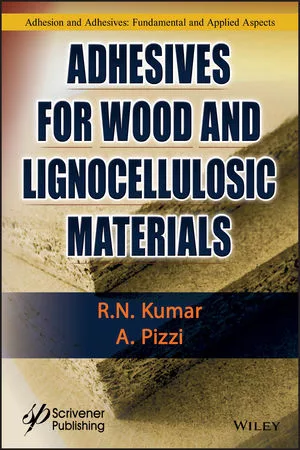Adhesive and Sealant Council Identifies Priority Issues for 2013
BETHESDA, MD – The South Coast Air Quality Management District’s (SCAQMD) plan to reopen Rule 1168 and the U.S. Green Building Council’s (USGBC) efforts to revise its Leadership in Energy and Environmental Design (LEED) rating system will be the Adhesive and Sealant Council’s (ASC) regulatory affairs focus in 2013.
“With SCAQMD delaying the re-opening of Rule 1168 in 2012, we are confident that that regulation will be a priority for this district in 2013,” said Mark Collatz, ASC Director of Regulatory Affairs.
The regulation sets VOC emissions for commercial adhesive and sealant product categories throughout the largest and most populated counties of the Los Angeles basin and could have a major impact on how members formulate their products.
“Should the district decide to add new categories to the rule, companies that may never have had to deal with the rule could now be thrown into the mix. In addition, South Coast can be a bellwether for other California air districts, which might follow suit in revisiting their rules,” added Collatz. “This issue will impact nearly all of ASC’s member companies and is an important issue facing the entire industry.”
ASC continues to voice its concerns with USGBC’s latest revised LEED v.4 rating system proposal that offers credits based on the improper characterization of finished goods that could result in regrettable decisions in the material selection process.
“This latest draft includes tools that do not take into account how products are used and the importance of exposure information,” reports Collatz. “If USGBC continues this approach, it will only lead to confusion throughout the downstream community from architects to building owners.”
The USGBC LEED process impacts all ASC member companies that sell high-performance adhesives and sealants into the building construction industry.
Other issues the council will be closely monitoring this coming year include: California Department of Toxic Substances Control’s (DTSC) continued work on a final rule aimed at reducing toxic chemicals from consumer products, U.S. EPA’s TSCA Chemical Work Plan activities, Environment Canada’s second phase of Chemical Management Plan activities, and TSCA modernization legislation.
To align its actual activities with the name of the committee, the council is changing from the Government Relations Committee to the Regulatory Affairs Committee.
“This important nuance is a clear signal that the council will focus its efforts on the regulatory side of things as it relates to federal, state and local issues,” said Collatz. “ASC does not lobby, does not operate a political action committee or generally provide services that traditionally fall under a government affairs entity. Instead, we focus on issues that directly impact member companies, and collaborate in order to provide the science and informative data that regulatory agencies need to oversee our industry.”
Looking for a reprint of this article?
From high-res PDFs to custom plaques, order your copy today!




